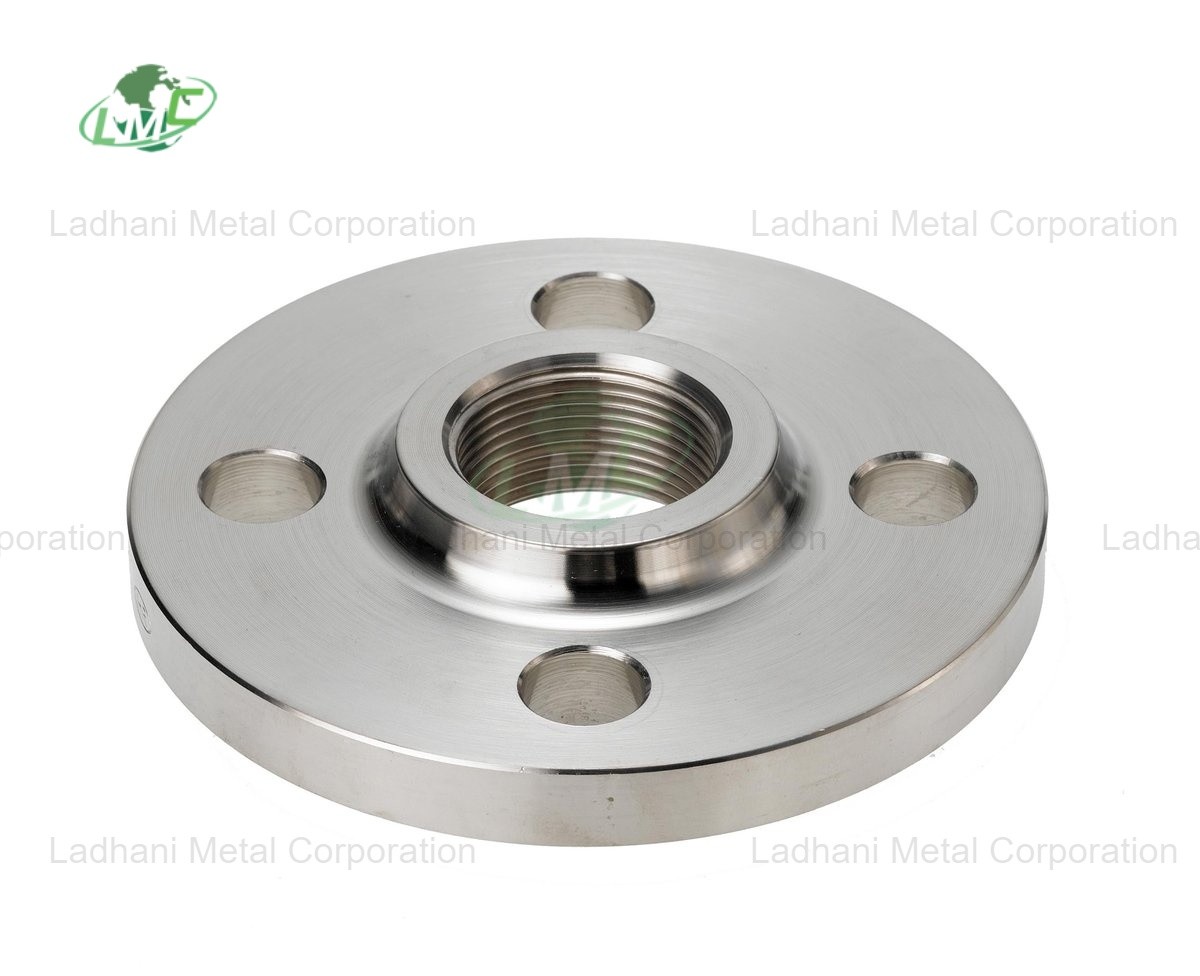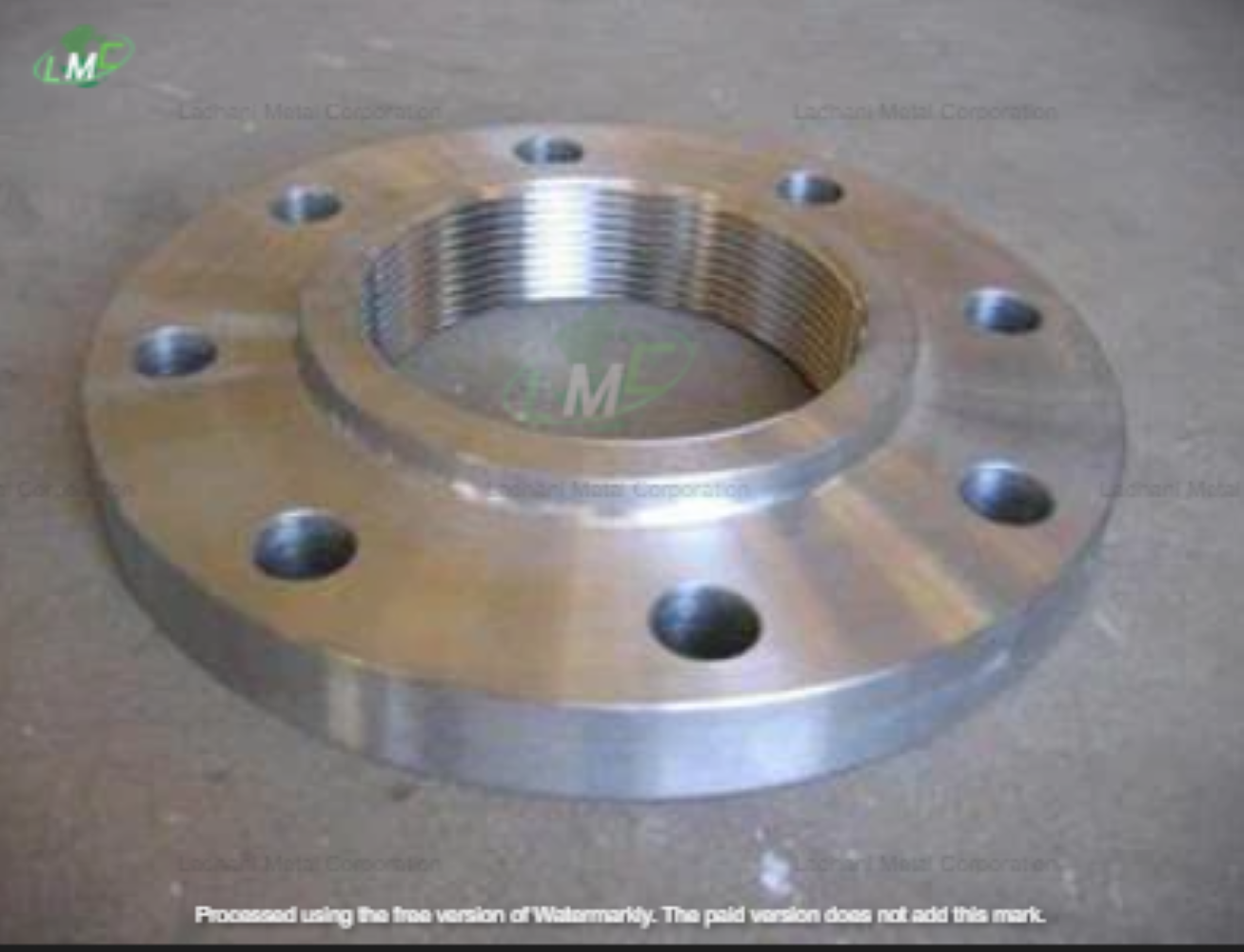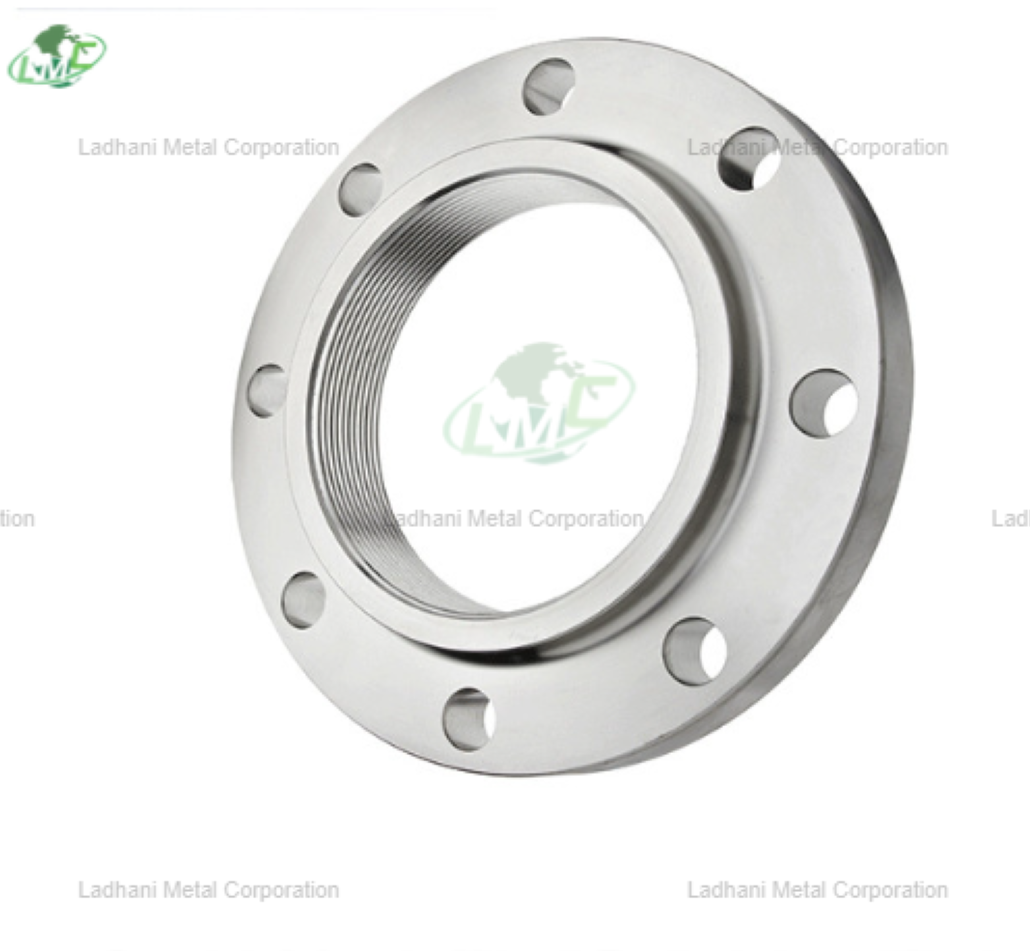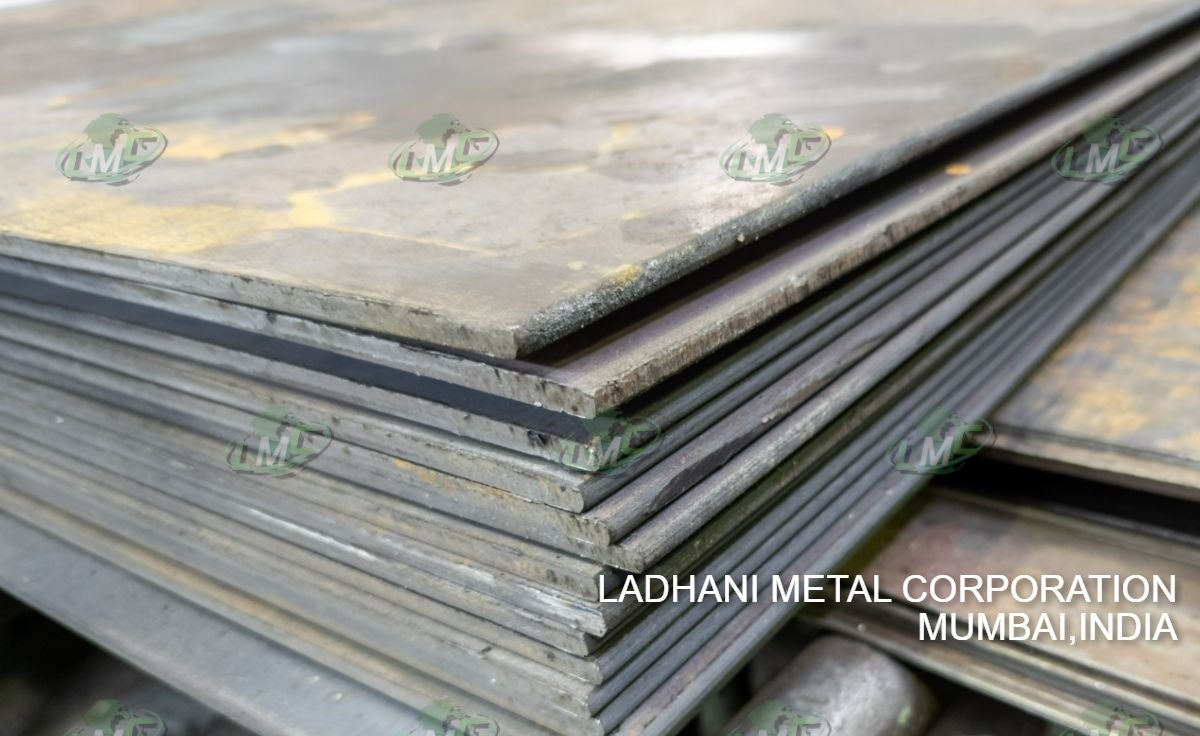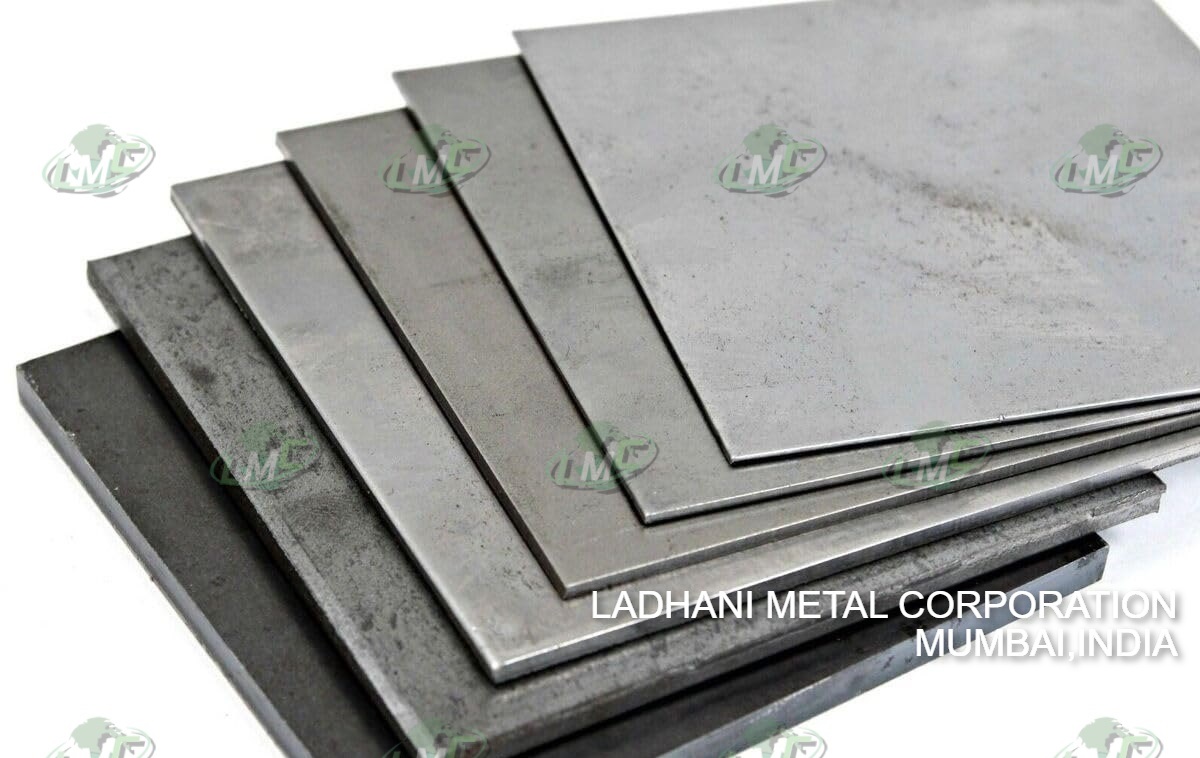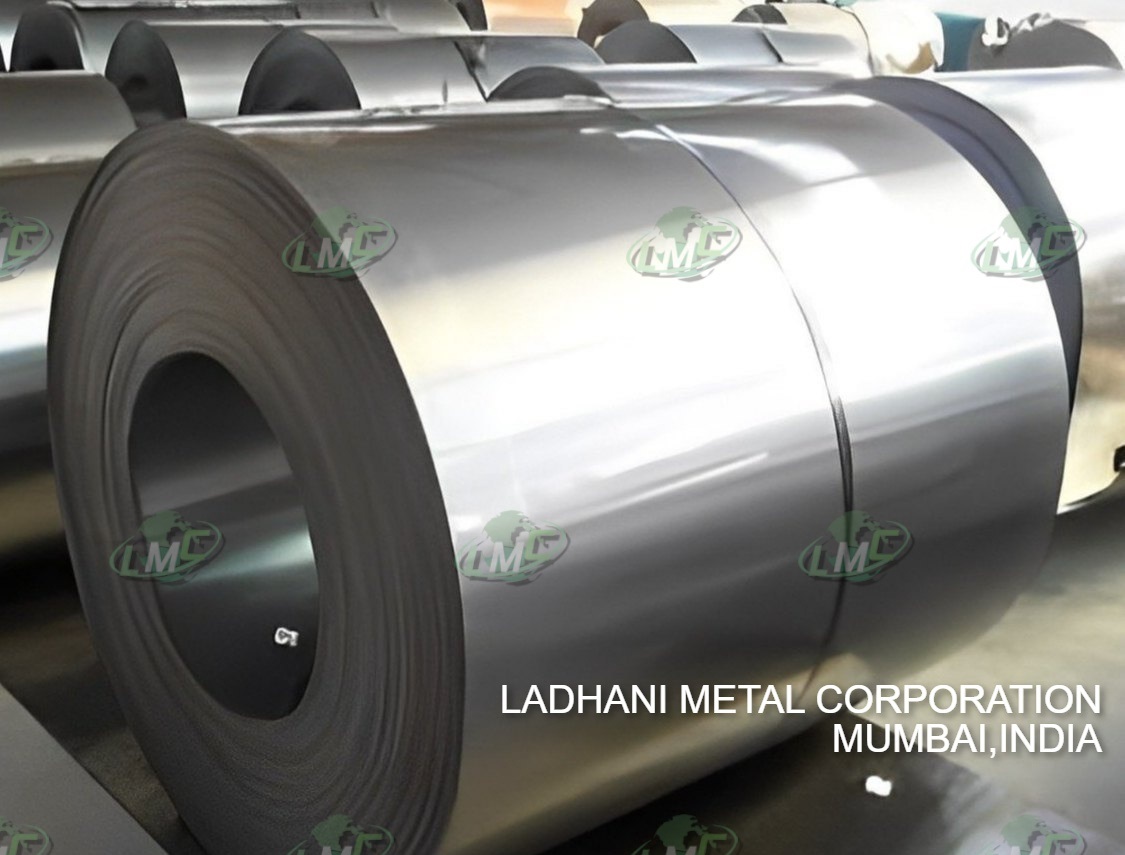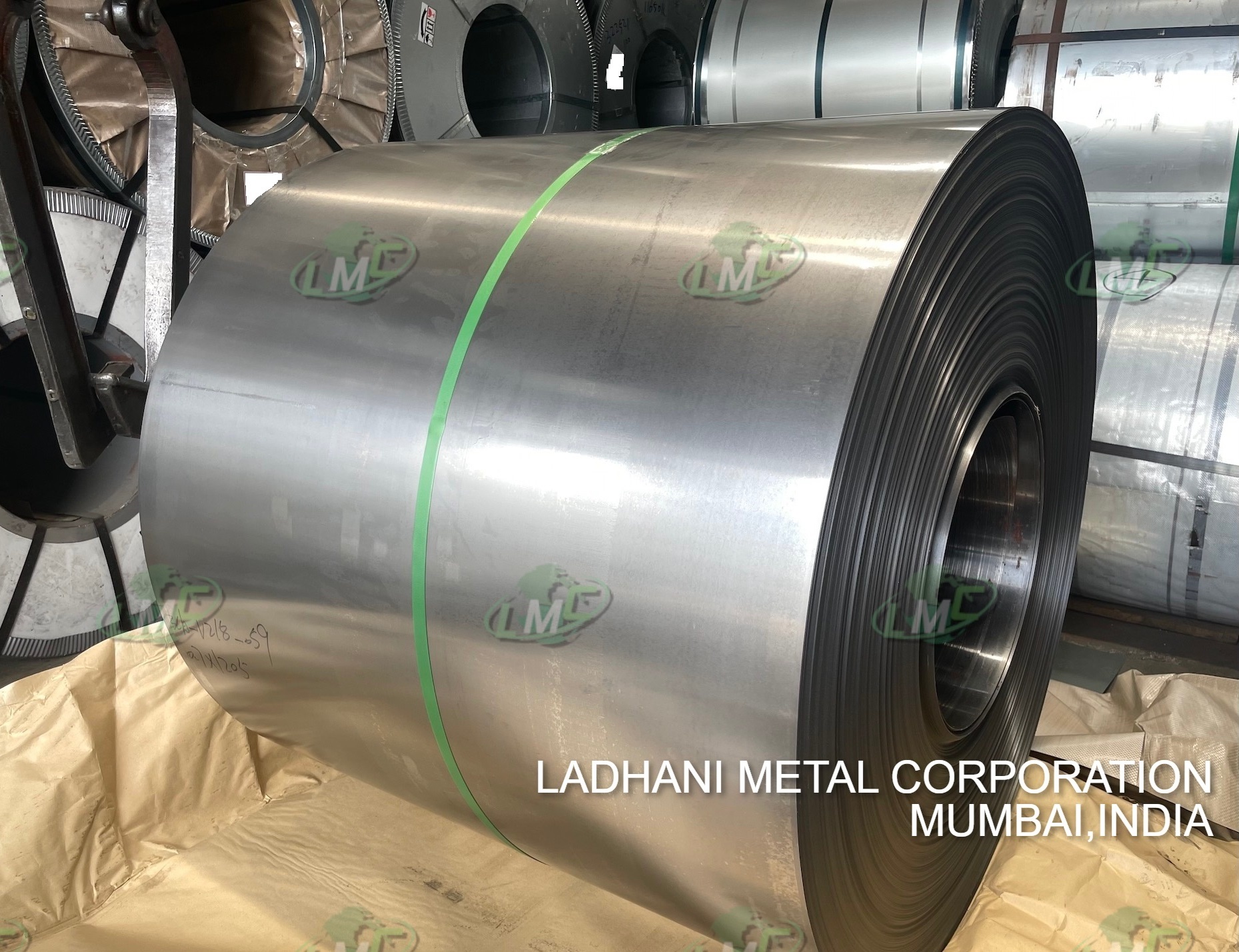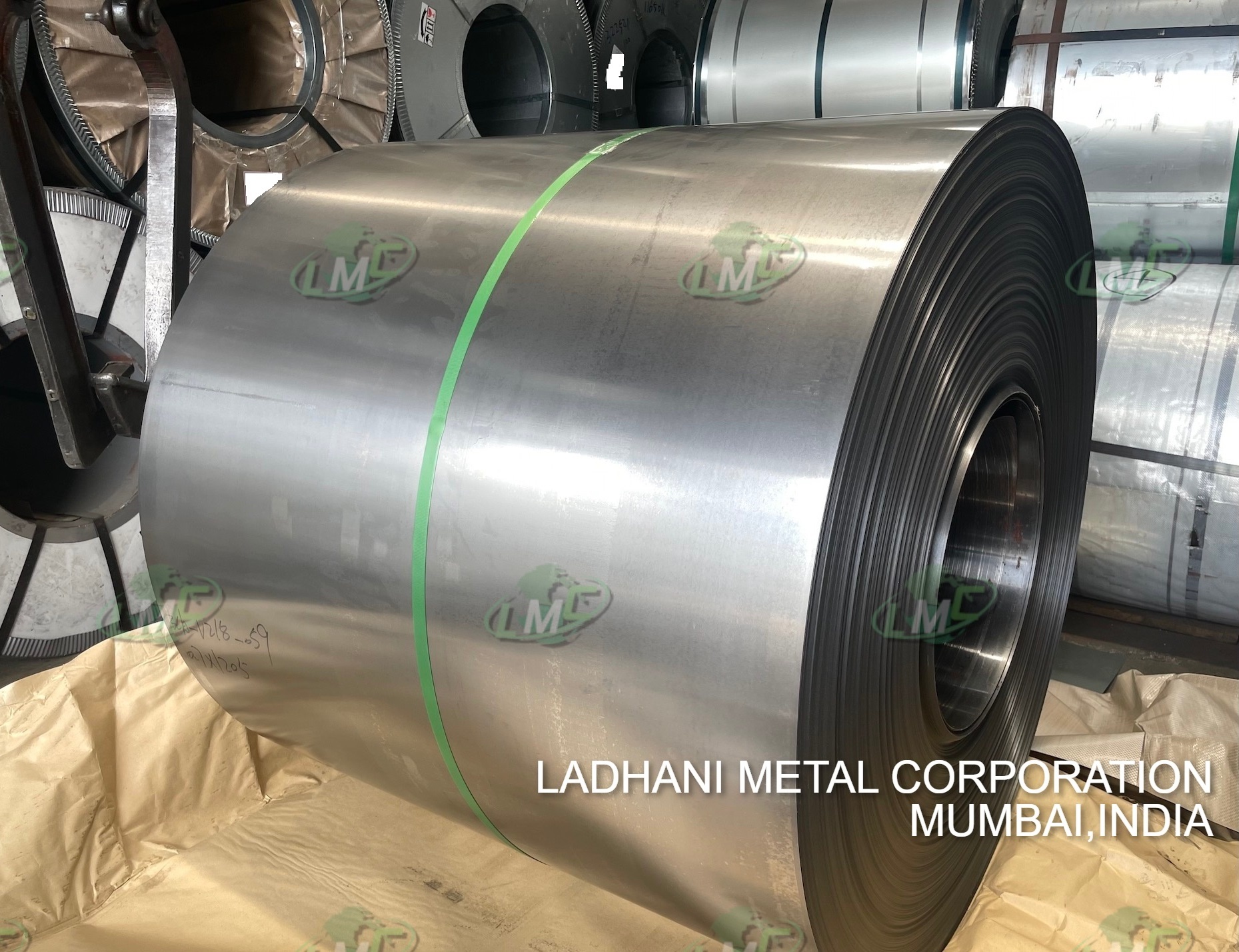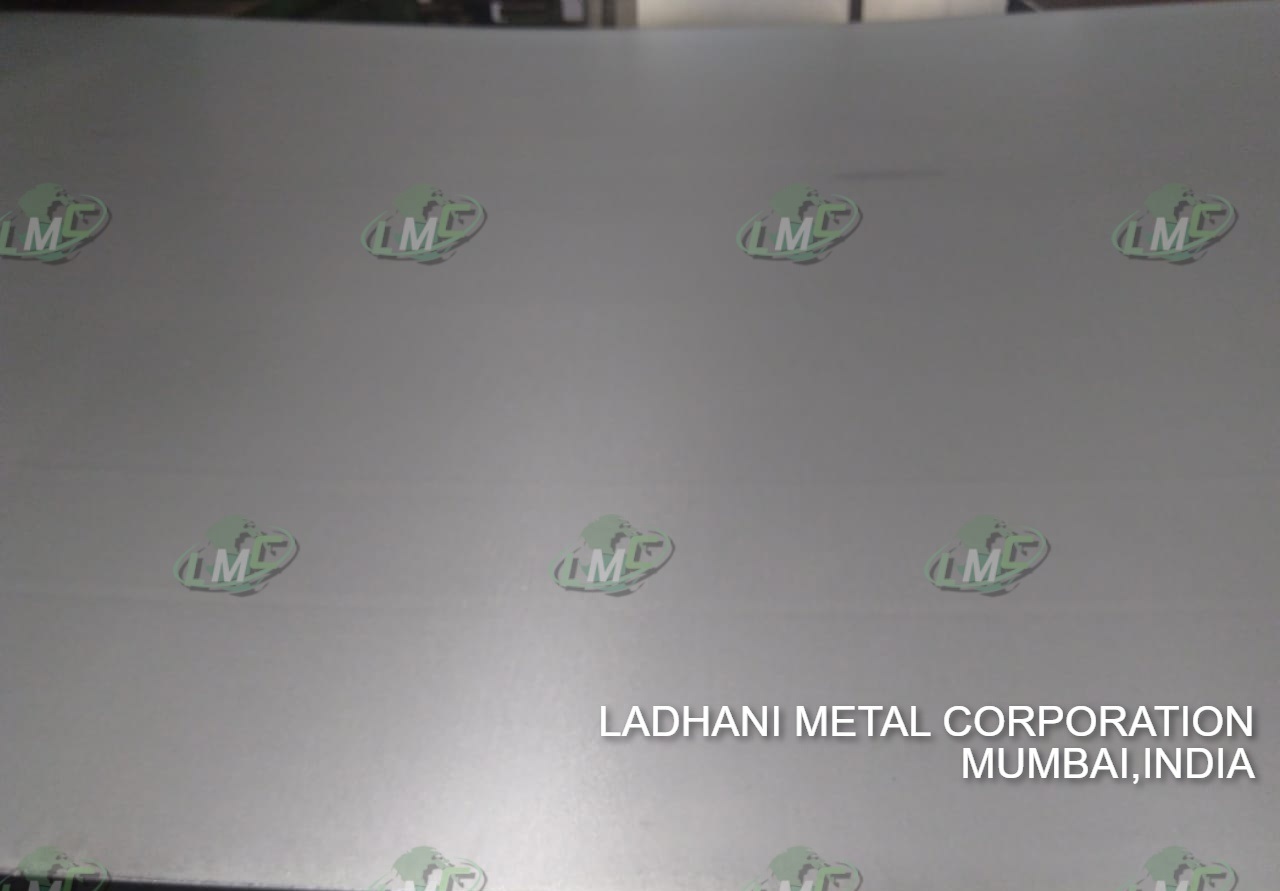DIN 2569 Monel Flanges PN 100 are precision-engineered welding neck flanges manufactured from high-grade Monel alloys, specifically designed for high-pressure and highly corrosive environments. Built to DIN 2569 standards, these flanges offer excellent resistance to seawater, acids, and alkalis, along with superior mechanical strength and durability. Their robust performance makes them ideal for critical applications in marine engineering, chemical processing, oil and gas, and offshore industries. Ladhani Metal Corporation is a leading manufacturer and exporter of Monel flanges, offering reliable and high-quality products that meet stringent international standards. The welding neck configuration ensures permanent, high-strength connections suitable for continuous operation under high pressure and temperature conditions. Pressure Rating: • PN 100 (100 bar / 1450 psi): Specifically designed for high-pressure systems requiring outstanding corrosion resistance, sealing integrity, and mechanical performance in aggressive and demanding environments. Flange Types: • Welding Neck Flanges Provide high-strength welded connections for pressurized piping systems exposed to thermal expansion and vibration. • Raised Face (RF) Flanges Enhance gasket compression and sealing performance in high-pressure and temperature applications. • Flat Face (FF) Flanges Used in applications with flat mating surfaces, particularly when connecting to brittle or non-metallic materials. • Forged Welding Neck Flanges Offer high mechanical strength, dimensional accuracy, and durability. • Custom-Machined Flanges Available in various sizes, pressure classes, and Monel grades as per customer requirements. Monel Grades and Composition: 1. Monel 400 (Nickel-Copper Alloy) Composition: • Nickel (Ni): ≥ 63.0% • Copper (Cu): 28.0 – 34.0% • Iron (Fe): ≤ 2.5% • Manganese (Mn): ≤ 2.0% • Silicon (Si): ≤ 0.5% • Carbon (C): ≤ 0.30% Applications: Used in marine engineering, chemical processing, and fuel or freshwater tanks due to its excellent resistance to seawater, hydrofluoric acid, and stress corrosion cracking. 2. Monel K500 (Precipitation-Hardened Alloy) Composition: • Nickel (Ni): ≥ 63.0% • Copper (Cu): 27.0 – 33.0% • Aluminum (Al): 2.3 – 3.15% • Titanium (Ti): 0.35 – 0.85% Applications: Ideal for applications requiring high strength and corrosion resistance, such as pump shafts, oil well tools, and marine components. K500 offers greater mechanical strength and hardness compared to Monel 400. Applications of DIN 2569 Monel Flanges: • Marine and Offshore Engineering: Perfect for underwater, saltwater, and coastal applications due to excellent seawater and corrosion resistance. • Chemical and Petrochemical Industries: Used in acid and alkali handling systems, heat exchangers, and reactors where corrosion resistance is crucial. • Oil and Gas Sector: Employed in valves, pipes, and flanges exposed to sour gas and offshore drilling conditions. • Power Generation: Suitable for condenser tubing and heat exchangers in environments where both corrosion and high temperature are factors. • Aerospace and Defense: Used in high-performance components requiring durability, resistance to aggressive chemicals, and thermal stability. Key Features: • Manufactured to DIN 2569 standard • Available in PN 100 pressure rating • Excellent corrosion resistance in acidic and marine environments • High mechanical strength and thermal stability • Permanent welded neck design for secure pipe integration • Supplied with test certifications and complete traceability • Custom machining and finishing available including pickling and passivation Conclusion: DIN 2569 Monel Flanges PN 100 from Ladhani Metal Corporation are engineered for critical operations that demand corrosion resistance, strength, and durability under pressure. These flanges are trusted in marine, chemical, and energy sectors, delivering dependable service in the most challenging environments. For tailored specifications, material consultations, or bulk orders, reach out to Ladhani Metal Corporation today.
Send Message
